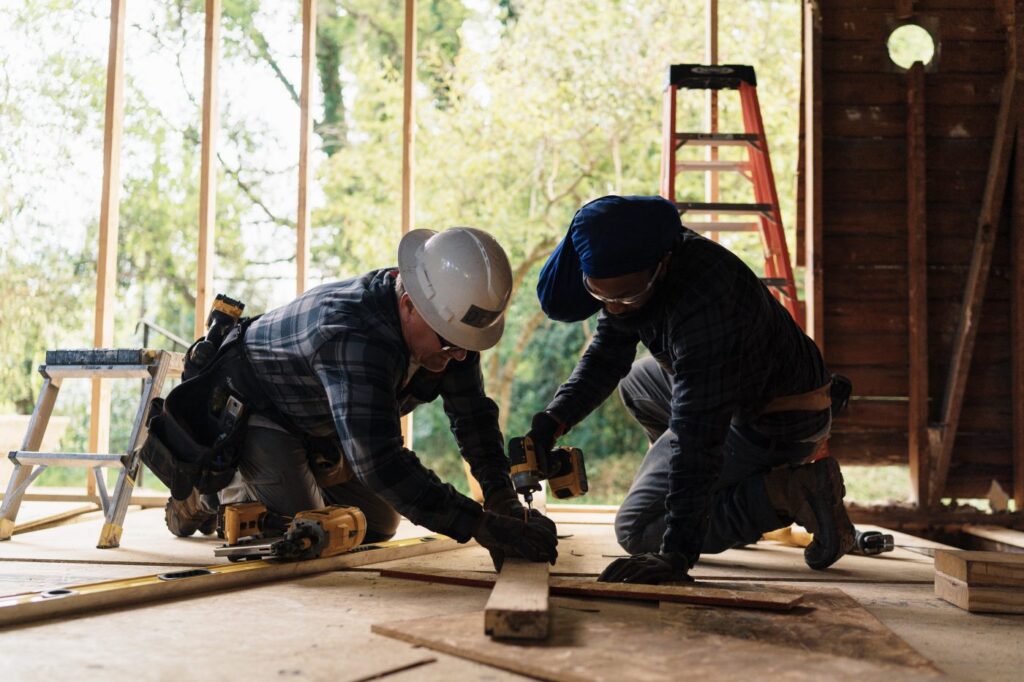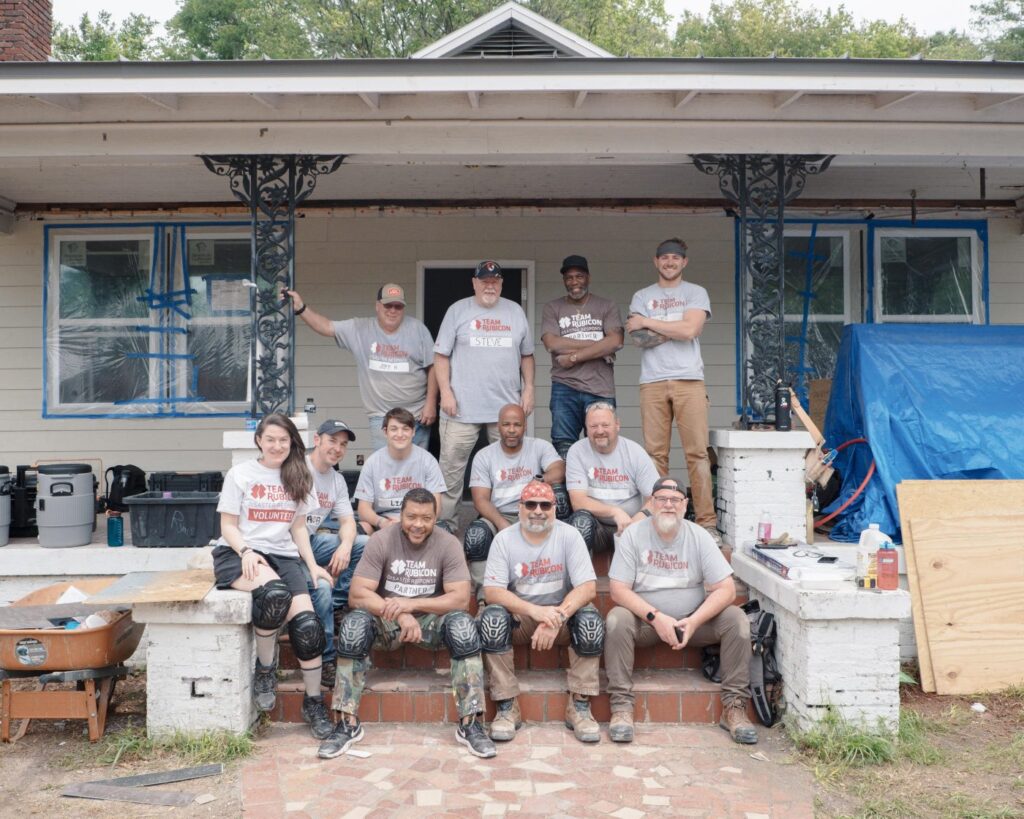Not every disaster is on the front page of the news. Some disasters are local, affecting small or rural communities, or disasters may be large and dramatic but quickly overshadowed by other news events. The disaster and community are quickly forgotten. Such disasters are known as Low-Attention Disasters, or LADs. Yet no matter how large or small the disaster is or the community it impacts, the impact on those affected is always enormous. Low-attention disasters generally do not garner much, if any, national media attention and often don’t trigger a federal declaration, making it nearly impossible for residents to access critical resources for recovery.
The community of Selma, Alabama, is familiar with LADs. The community has been hit with multiple severe storms in the past three years, including Hurricane Zeta in 2020 and tornadoes in 2021. Most recently, Selma was again hit by a severe storm in January, bringing an EF-2 tornado with windspeeds reaching 130 miles per hour.

Selma is an example of how smaller-scale disasters often go unnoticed on a national level and are, therefore, underfunded. While recovery efforts are still needed in Selma, much of the support has left the area, and the devastation has been largely forgotten by the general public. Three months after the most recent tornado, there are still many homes that need to be rebuilt. That’s why Team Rubicon is expanding its rebuild project in Selma.
That extension is part of an ongoing commitment to the city. In March of 2021, more than 40 volunteers, known as Greyshirts, deployed over the course of two weeks in response to the devastating tornadoes. And in early 2022, Team Rubicon launched its Selma rebuild program. Then, from January to March of ’23, the veteran-led disaster nonprofit deployed more than 200 Greyshirts to the city in response to this January’s tornadoes.
Originally, Team Rubicon committed to and budgeted for rebuilding ten homes in Selma. By mid-May of this year, it will complete a rebuild on the 12th home within that budget. And the nonprofit has launched a new campaign to rebuild some of those homes destroyed in this year’s storms.
Travelers has been essential in funding Team Rubicon’s rebuild efforts across the U.S., with a grant totaling $1.8 million motivated by low-attention rebuild and the Team Rubicon Ready Reserve Fund.
The Ready Reserve Fund enables Team Rubicon to be ready whenever a disaster strikes, allowing Greyshirts to mobilize at a moment’s notice to assist communities.
Selma is just one example of Team Rubicon’s LAD-related Rebuild operations. In 2022, Team Rubicon sent a team of about a dozen Greyshirts to the remote town of Haines, Alaska, to rebuild homes destroyed in a storm that caused landslides and flooding in 2020.

In each of these Rebuild programs, Team Rubicon goes beyond just ensuring rebuilt homes are a roof over someone’s head: it also incorporates disaster-resilient building practices and materials. Analyzing the best approach to reducing potential damage from future disasters and then increasing the resiliency of homes not only gets people back into their homes faster following a disaster but also enables them to better weather the next storm.
Team Rubicon takes an all-hazards approach to its Rebuild program, incorporating resilient building materials and methods wherever feasible to mitigate the adverse effects of future hazards while addressing the community’s current recovery needs. As an added plus, proof of mitigation practices can help communities qualify for disaster relief aid after a disaster.



